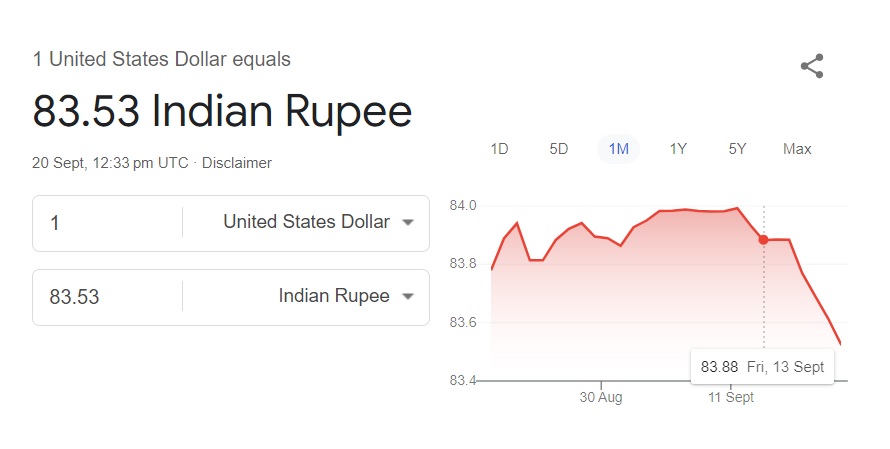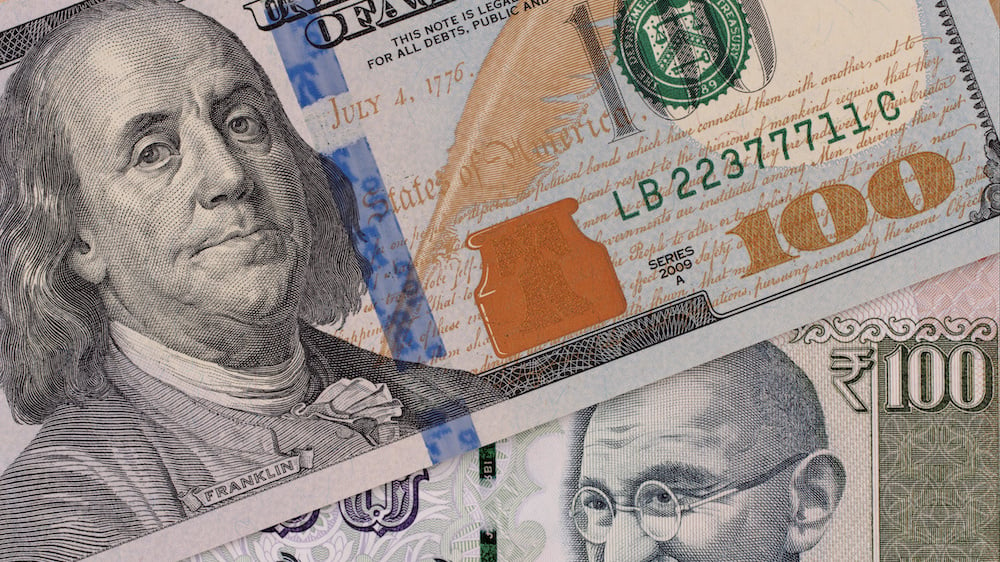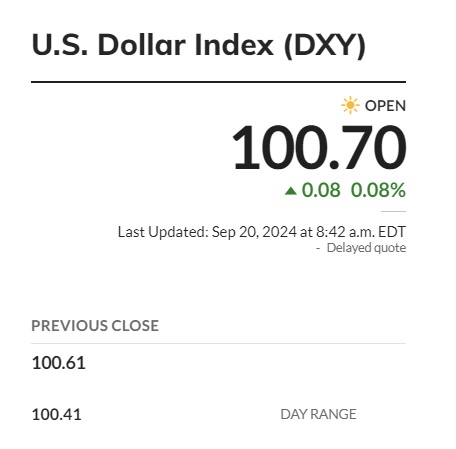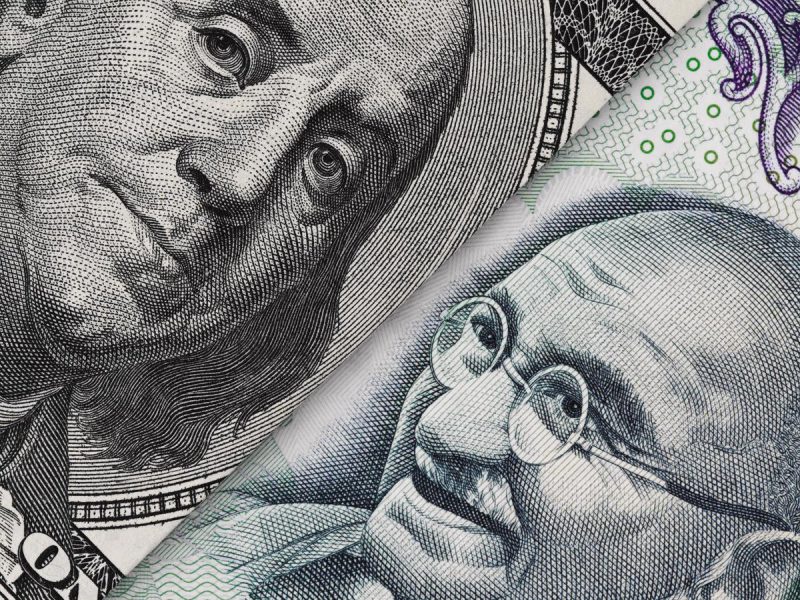The Indian rupee (INR) dominates the currency markets this week, outperforming the US dollar (USD) by a wider margin. This significant change comes at a time when forex traders remained cautious before going long on the USD. Traders avoided taking entry positions in the currency markets on the heels of the Federal Reserve meeting.
Also Read: BRICS: 134 Countries Explore Digital Currencies, US Dollar in Jeopardy


However, the Federal Reserve announced an interest rate cut of 50 bps, making the global markets turn green thereafter. The announcement relieved consumers by easing mortgages, auto loans, and credit cards, among other things. The development changed the prospects of the US dollar after a month-long slump against local currencies, including the Indian rupee.
Also Read: Why Are ASEAN and Asian Currencies Rising Against The US Dollar?
Currency: What’s Happening With the US Dollar and Indian Rupee?


The Feds’ announcement caused the US stock markets to rally on Thursday. The Nasdaq Composite soared 440 points, while the Dow Jones Industrial Average spiked 522 points. The S&P 500 index rose nearly 100 points on the closing bell. The stock market surge ignited a rally in the Asian markets on Friday. The rally helped the Indian rupee outpace the US dollar in the currency markets.
Also Read: De-Dollarization: Donald Trump Gives Strategies To Save the US Dollar
Sensex soared a massive 1,359 on Friday’s closing bell while Nifty spiked 375 points. This made the Indian rupee reach a two-month high against the US dollar in the indices. While the Indian rupee was at a weekly low of 83.88 early this week, it closed at a high of 83.53.


Robust growth occurred in just four trading days and delivered better-than-expected results. The move adds pressure on the US dollar as Asian markets are now receiving an inflow of funds from institutional investors.
The DXY index, which tracks the performance of the US dollar, did not turn bullish and is trading at 100.70. On the other hand, the Indian rupee has turned bullish against the USD.





